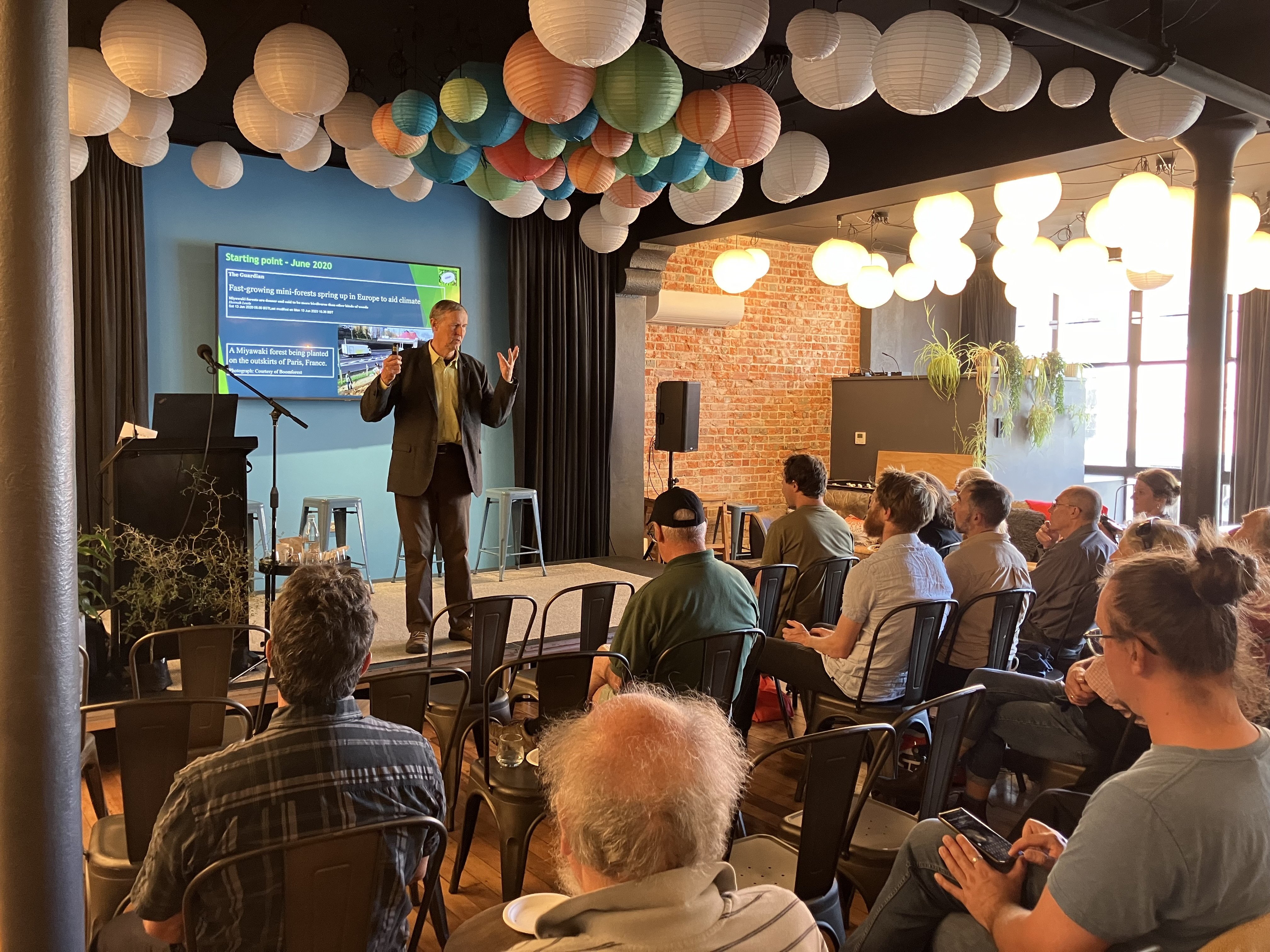
Organised by Dunedin City Council (DCC) pārekareka/parks and recreation services volunteer projects facilitator Hagino Baker, the celebration was a chance to acknowledge the work of community groups and to share information.
Ms Baker said, as of May, 2024, there were 30 community groups working at council reserves, engaged in habitat restoration by planting, weeding and predator control.
They had also helped to create better recreational spaces for the community by maintaining tracks, cleaning up rubbish and providing educational opportunities for schools.
Figures showed total reported volunteer hours of 2279 from June 2023 to March 2024, and 6750 volunteer hours from June 2023 to March 2024.
The thousands of hours contributed by local volunteers were a vital contribution to the biodiversity of greater Dunedin, Ms Baker said.
"We really appreciate everything they do," she said.
"We have inducted eight new groups this year, while continuing strong connections with the existing groups.
"And this year, there is an increase in the groups that work on litter cleanups, and more groups are engaging with people with diverse background."
Along with celebrating the volunteers, last week’s event was a chance to learn about techniques for successful habitat restoration, Ms Baker said.
"We are currently looking into different planting methods, to increase the efficiency of planting and help reduce the effort and cost of maintenance after planting.
"There is a surprising amount of work in ensuring tree survival."
Consequently, the event included talks and a panel discussion led by Colin Davis, of the Nelson Whakatū Microforest Initiative; Dennis Enright, of New Zealand Biochar Ltd; Maureen Howard, host of the Rewilding in Action podcast; and John Brenkley, of DCC parks and recreation.
The Nelson Wakatū Microforest Initiative was using the Miyawaki tree planting technique, developed in the 1970s by Japanese botanist Akira Miyawaki, which used native plants to create dense forests in limited spaces, Ms Baker said.
"We had fascinating talks from these speakers, who shared some very useful tips and advice on successful tree planting."
















